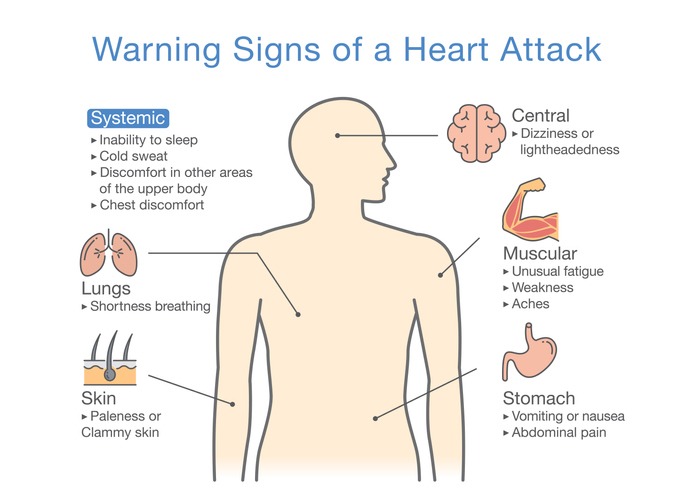It May Be Easier To Lose Weight If Your Partner Joins You In The Process!

By Joy Stephenson-Laws, J.D., Founder
Lexi and Danny Reed, a young couple based in Terre Haute, Indiana, were both overweight. According to a report on their story, at her highest weight Lexi was 485 pounds. Danny’s highest was 280 pounds.
They both knew that they needed to make some changes and start living a healthier lifestyle. They worked together and lost more than 400 pounds combined.
“Having each other as a buddy system kept us accountable. On days we didn’t want to change we had each other. We started to see progress, and that made us want to push more,” Lexi said.

There really is something to be said about “a buddy system,” even if one person in the system doesn’t necessarily need to lose weight.
For example, recent research has provided evidence suggesting that heart attack survivors are more successful at losing weight if their partners participate by adopting healthier habits and changing their diet.
To be clear, this is in no way suggesting that a person should lose weight even if they don’t need to for the sake of their partner’s health. In my opinion, proactive health should be a household effort. It’s very similar to how parents will likely have a higher chance of having kids that are healthier eaters if they not only tell them to eat their vegetables but also show them that they themselves eat vegetables as well. It is a team effort.
"Lifestyle improvement after a heart attack is a crucial part of preventing repeat events," said one of the lead authors of the study, referenced in this recent Medical Xpress report.
"Our study shows that when spouses join the effort to change habits, patients have a better chance of becoming healthier—particularly when it comes to losing weight."
Heart disease is the leading cause of death in both American men and women, however, there are still plenty of Americans that have heart attacks and survive. According to the Centers for Disease Control and Prevention (CDC), about one in five heart attacks is silent. And with silent heart attacks, a person may not even know that a heart attack has occurred because the symptoms are not very intense.
Avoiding a second heart attack.Once a person has a first heart attack and survives, it is extremely important to be proactive about avoiding a second one.
“[A]bout one in five people who have had a heart attack will be readmitted to the hospital for a second one within five years. Each year, there are about 335,000 recurrent heart attacks in the United States,” reports the American Heart Association.
Some key actions to take after surviving a heart attack include exercising (per guidance of a competent healthcare professional), making healthy dietary changes (also with guidance) and avoiding smoking if you are a smoker.
"If partners contribute to adopting healthy habits, it could become an important recommendation to avoid recurrent heart attacks," said one of the lead researchers.
But what if you are not married or do not currently have a partner?
This is perfectly fine. Just try to find some sense of community or support. There is online support for heart attack survivors. You can also involve friends and family members in your heart attack prevention plan. For example, if your doctor recommends walking more, schedule weekly hikes with someone whose company you enjoy. You can also join healthy cooking clubs (virtually). You are never alone. You just have to use your resources.
Along with exercise and diet, another very important strategy in preventing heart attacks is making sure that you have an adequate amount of all of the essential vitamins and minerals. For example, low magnesium has actually been found to lead to worse outcomes in patients with heart disease and higher risk of irregular heartbeat. Magnesium is also widely regarded for its muscle-relaxing properties, which may help people with high blood pressure (which increases the risk of heart disease and having a heart attack).
Be sure to take routine nutrient tests in order to definitively determine if you have any nutrient imbalances or deficiencies. If you do, a competent healthcare professional can work with you on making the necessary dietary changes and recommend quality supplements if necessary.
In addition to the nutrient tests, other health tests you can take include:
For additional information on how you can help keep your heart healthy, check out these pH Labs blogs.
Enjoy your healthy life!
Disclaimer: This article is not intended to provide medical advice. Please consult with your doctor or another competent healthcare practitioner to get specific medical advice for your situation.
The pH professional health care team includes recognized experts from a variety of health care and related disciplines, including physicians, attorneys, nutritionists, nurses and certified fitness instructors. This team also includes the members of the pH Medical Advisory Board, which constantly monitors all pH programs, products and services. To learn more about the pH Medical Advisory Board, click here.







